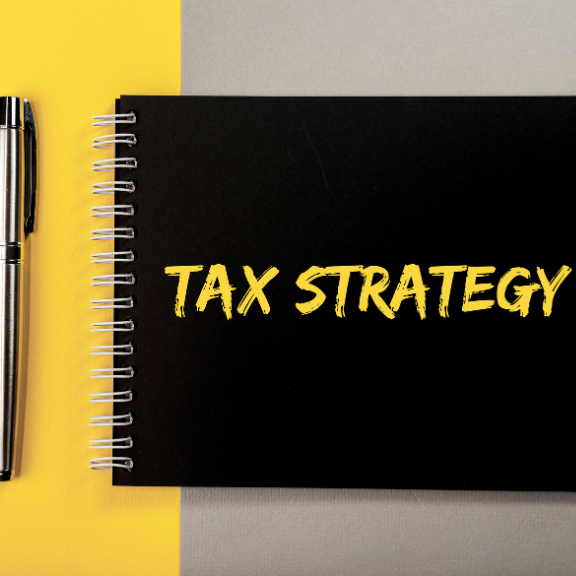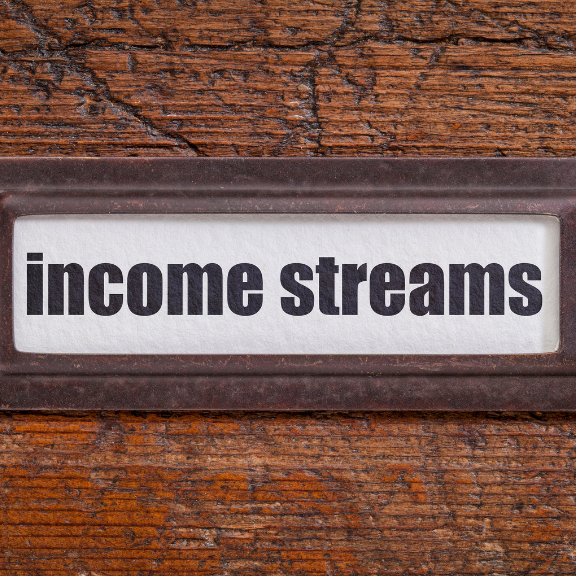Millennials are approaching retirement, which they will enter around 2050, in a totally different way than previous generations, and not just because their beliefs and values have evolved. Millennials have surpassed Baby Boomers as the world’s biggest adult generation, and many are concerned about saving for retirement. But the news is not positive. It’s possible that Millennials are saving more because they don’t anticipate getting employer-sponsored pension plans when they retire. According to the Bureau of Labor Statistics, 84% of full-time workers at major organizations enrolled in a pension plan in 1981; by 2020, that figure had dropped to only 28%.
How do Millennials Save Money for Their Retirement? According to new research by investment firm Charles Schwab, Millennials begin saving for retirement in their mid-20s. This puts them roughly ten years ahead of the Baby Boomers, who were born between 1946 and 1964 and are currently between the ages of 58 and 76. As per Charles Schwab, most Baby Boomers didn’t start saving for retirement until they were in their mid-30s. A survey by the Transamerica Center for Retirement Studies in December 2017 has found that more than 70% of US Millennials save through employer-sponsored retirement plans. Employees are frequently enrolled in these schemes without their knowledge.
Why Don’t Millennials Have Enough Money Set up for Their Golden Years? That is not an option for Millennials. According to the National Institute on Retirement Stability, 72% of Millennials are highly pessimistic about reaching financial security in retirement, compared to 43% of Boomers. Early retirement planning hasn’t done anything to alleviate retirement anxieties. This is most likely because Millennials are worse off in practically every facet of their financial lives. They graduated into the Great Recession, coped with COVID, and experienced their second recession just as their earning potential peaked. They’re now preparing for yet another recession, this time accompanied by inflation levels not seen in 40 years, according to financial analysts. Millennials now make up a large portion of the United States workforce, but they own only 6% of total household wealth. (Baby Boomers have 50% of the wealth, while Gen Xers have 30%.) It’s not uncommon for money to build in older generations, but in 1989, when Baby Boomers were the same age as Millennials, they accounted for more than 20% of total family wealth. Student debt has also skyrocketed. Tuition fees, housing, and board cost an average of $19,400 a year for a Millennial who entered college in 2007. Adjusted for inflation, the first year of college Boomer in 1974 earned around $10,300. It turns out that student loan debt was the key factor for many Millennials’ lack of long-term wealth. According to the report, student loan debt accounted for more than 40% of the income of 40% of Millennial households between the ages of 28 and 38. According to Montez, lifestyle objectives play a role in greater savings. Because Millennials are more mobile than previous generations, buying a home isn’t always a priority, and their money is more likely to be invested in 401(k) plans. In retirement, around three-quarters of Baby Boomers and Gen Xers intend to own a home, compared to less than half of Millennials. According to the Schwab survey, more than 60% of Millennials will prioritize travel in retirement.
What Can Millennials do to Get a Jump Start on Saving for Retirement? According to a 2014 poll, just 55% of Millennials were eligible to join an employer-sponsored retirement plan, but 77% of Generation Xers and 80% of Baby Boomers were. Because most organizations no longer offer pension plans to their employees, it is up to individuals to prepare for retirement; some experts advocate setting aside 15% of your salary for this purpose. If your company gives a 401(k) match, you should take advantage of it as soon as possible, since you’ll be earning a 100% return on your retirement contributions. Aside from your 401(k), you should consider starting an individual retirement account, preferably a regular or Roth IRA; each provides different tax benefits. Individuals who contribute to a typical IRA do not pay taxes until they obtain withdrawals in retirement. Traditional IRA contributions may be tax deductible, depending on your income and if you’re provided a retirement plan via your company. This means they can reduce your taxable income, lowering the amount of money you’ll owe in taxes.
Contact Information:
Email: [email protected]
Phone: 3037587400













